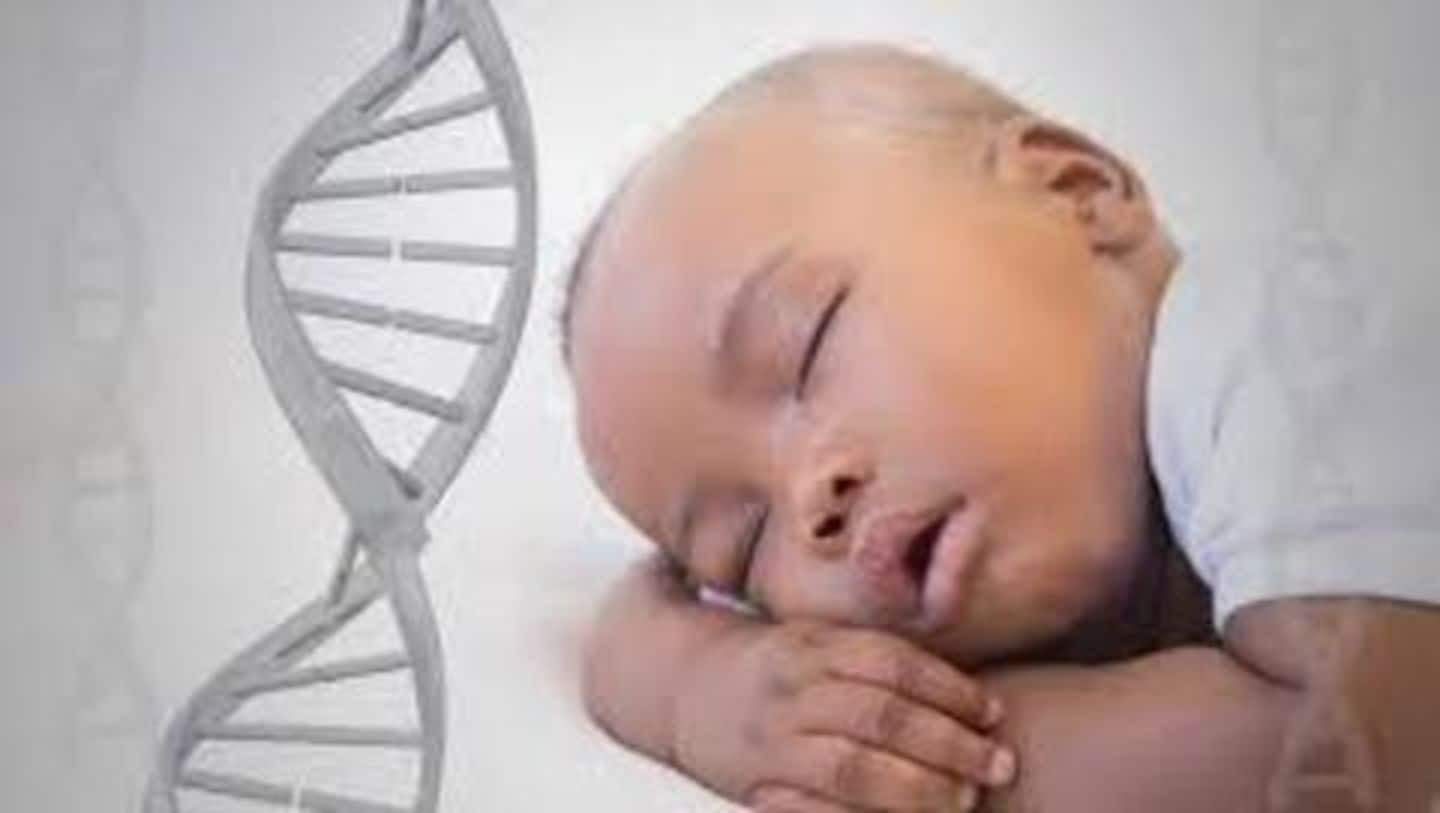
China's claim about creating first gene-edited babies has scientists outraged
What's the story
The scientific community has been sent into a frenzy following claims by a Chinese scientist that he had helped make the world's first genetically-edited babies. While many doubt the scientist's claims, others are even more terrified about the ethical implications of altering DNA in babies, and have called the 'experiment' monstrous. Here are the details.
Claim
Details about the claim
On Monday, Stanford-educated scientist He Jiankui, who works at a lab in Shenzhen, claimed that he had altered the DNA of twin baby girls - Lulu and Nana - who were born a couple of weeks earlier. The scientist said that eliminated a gene called CCR5 to make the twins resistant to the HIV virus. Jiankui's claims were filmed by the Associated Press.
Quote
Jiankui has acknowledged the controversial nature of his work
"I understand my work will be controversial - but I believe families need this technology and I'm willing to take the criticism for them," Jiankui is heard saying in the video.
Dubious
The claim, however, seems to be dubious
It should be noted here that Jiankui's claim has not been independently confirmed, and several organisations, including a hospital, linked to the claim have denied any involvement. That said, the ethical and scientific implications of Jiankui's claim has left scientists from around the world outraged. For those unaware, most countries in the world have laws preventing genome editing in human embryos.
Scientific risk
Gene editing carries risk for future generations
While gene editing does have the potential to eliminate heritable diseases by eliminating problematic genes in embryos, it is considered to be extremely risky. Much of this risk pertains to the fact that wrong gene editing could lead to problematic biological coding being passed on to future generations, which, in turn, could lead to unforeseen problems for the human race.
Dystopia?
Why gene editing is such a touchy topic
Further, scientific ethics apart, genetic editing could someday give rise to a class of 'super' humans who would be immune to diseases, maybe even ageing. Considering the inequality of power and wealth around the world, this could lead a to a dystopian scenario wherein the rich and the powerful enhance themselves, thereby creating an unforeseen socio-political crisis.